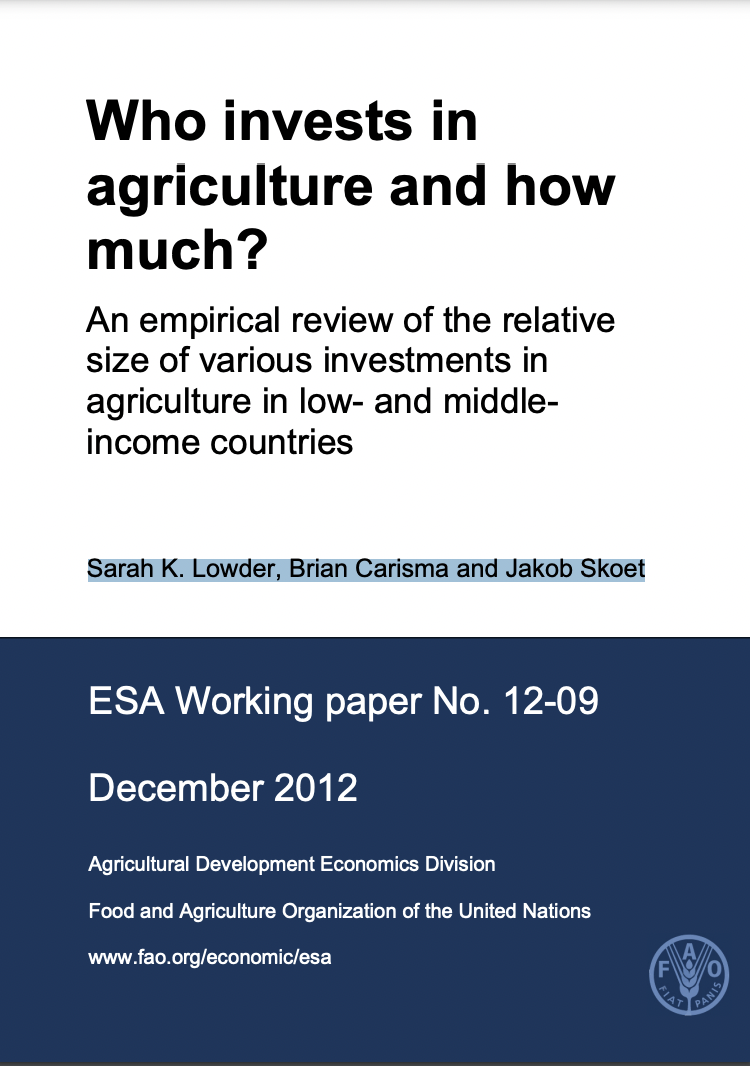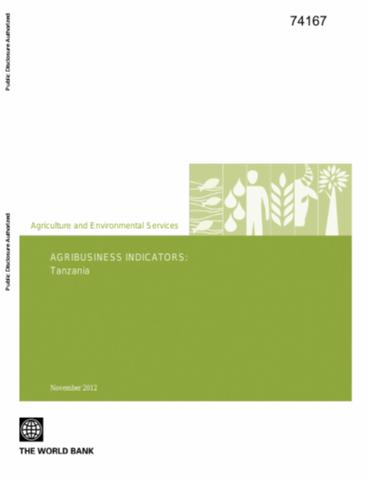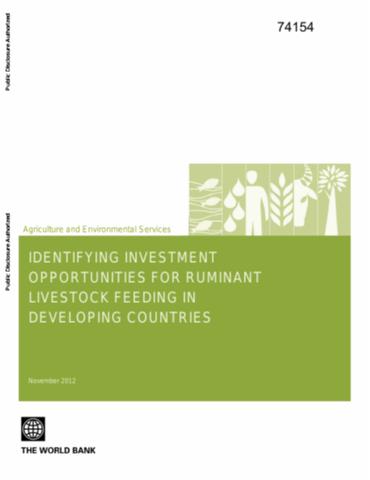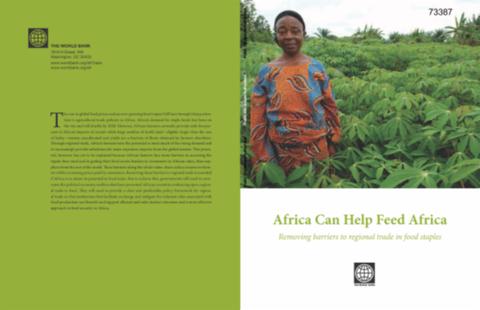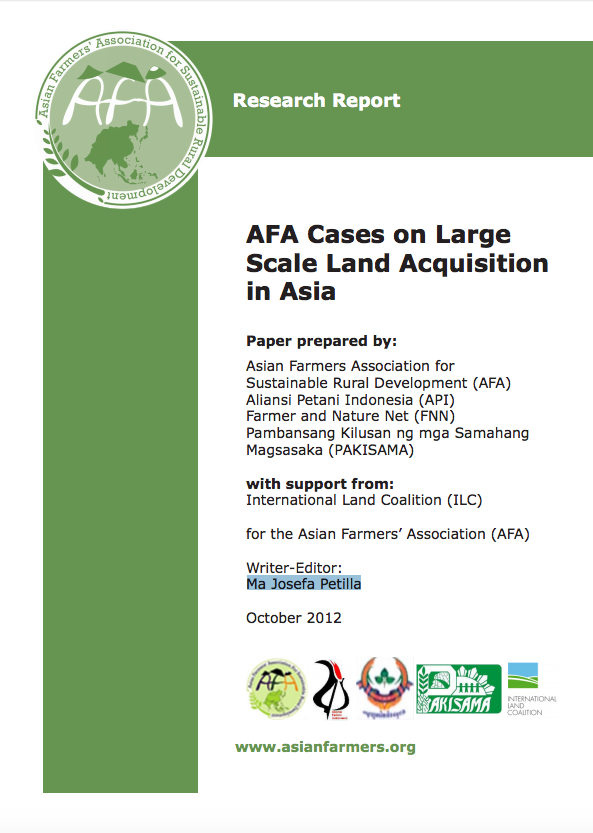Agrarian reform and transition: what can we learn from ‘the east’?
During the past two decades agrarian (‘land and farm’) reforms have been widespread in the transition economies of Eastern Europe, the Caucasus and Central Asia (EECCA), following earlier ones in Asia (China and Vietnam). However, independent family farms did not become the predominant sector in most of Eastern Europe. A new dual (or bi-modal) agrarian structure emerged, consisting of large farm enterprises (with much less social functions than they had before), and very small peasant farms or subsidiary plots.



